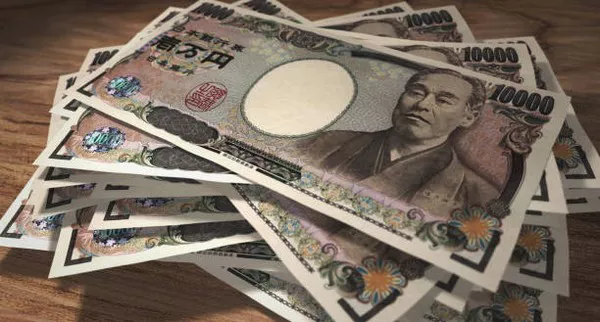Japan’s Finance Minister, Shunichi Suzuki, issued a stern warning against the yen’s recent weakness, signaling the government’s readiness to take action as the nation adapts to a pivotal period following significant policy shifts.
Concerns echoed by Japan’s top currency diplomat underscored Suzuki’s remarks on Tuesday, emphasizing the dual nature of a weak yen’s impact on the economy. While acknowledging its positive effects, Suzuki cautioned against excessive volatility, citing potential disruptions to business operations and overall economic stability.
Addressing reporters after a cabinet meeting, Suzuki stressed the importance of currency stability aligned with economic fundamentals, emphasizing the adverse effects of rapid currency fluctuations.
The yen’s decline accelerated following the Bank of Japan’s decision to terminate eight years of negative interest rates, marking a shift towards tighter monetary policy. While the initial rate hike was widely anticipated by markets, the subsequent yen depreciation mirrored a ‘sell-the-fact’ reaction. Market sentiment was further fueled by expectations of modest rate hikes in the coming months, sustaining significant differentials between Japanese and U.S. interest rates.
Although a weak yen benefits Japanese exporters, policymakers remain cautious about its impact on import costs and household wealth, particularly its potential to undermine consumption-driven economic growth.
In currency markets, the dollar saw a slight retreat against the yen on Tuesday afternoon, hovering around 151.26, with significant resistance near the 152 level amid concerns of potential intervention by Japanese authorities. Notably, the dollar has appreciated by approximately 7% against the yen since the year began.
Makoto Noji, chief market strategist at SMBC Nikko Securities, highlighted the possibility of intervention should the yen breach the 152 level, underscoring the government’s resolve to address excessive currency fluctuations.
While Suzuki refrained from commenting directly on potential intervention measures, he emphasized the government’s commitment to respond appropriately to market developments, particularly excessive currency movements. Previous interventions in 2022 to stabilize the yen serve as a reminder of the government’s proactive stance in managing currency volatility.
As discussions persist about the underlying causes of yen weakness, market analysts emphasize the role of both speculators and retail investors in foreign markets. Balancing the need to stabilize the currency with the preservation of investment flows remains a delicate task for Japanese authorities, who may be compelled to take action to prevent further yen depreciation.


